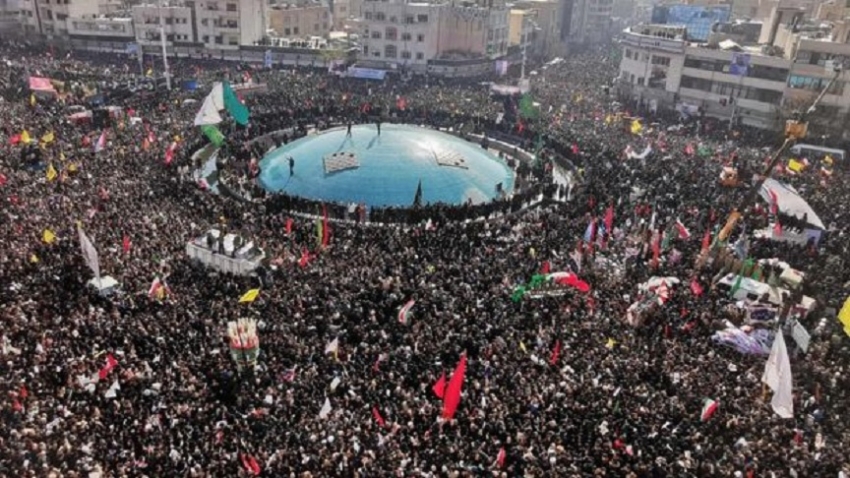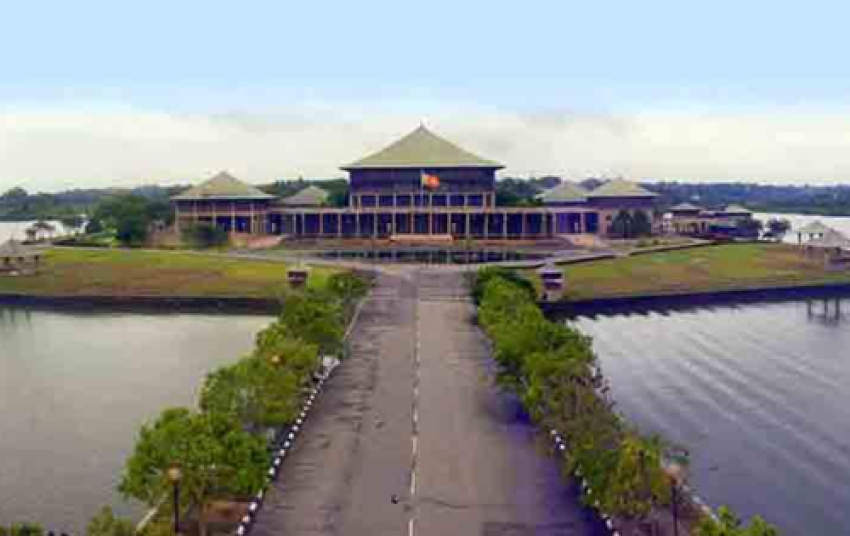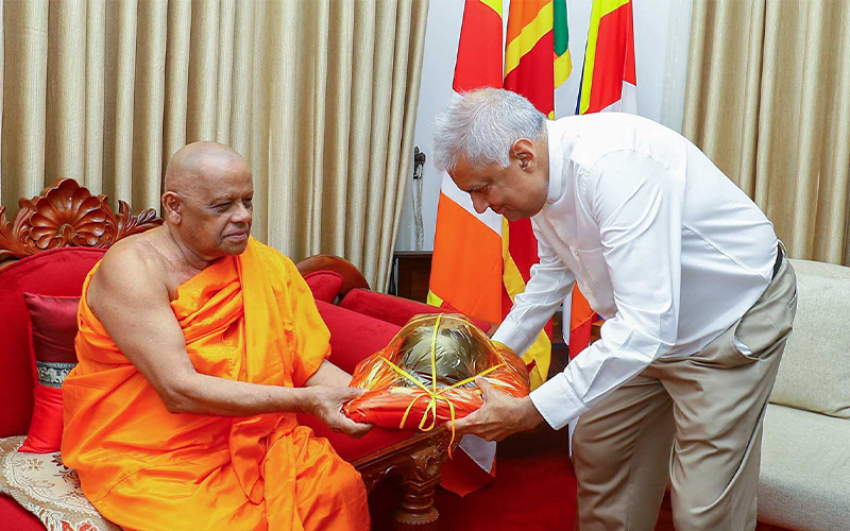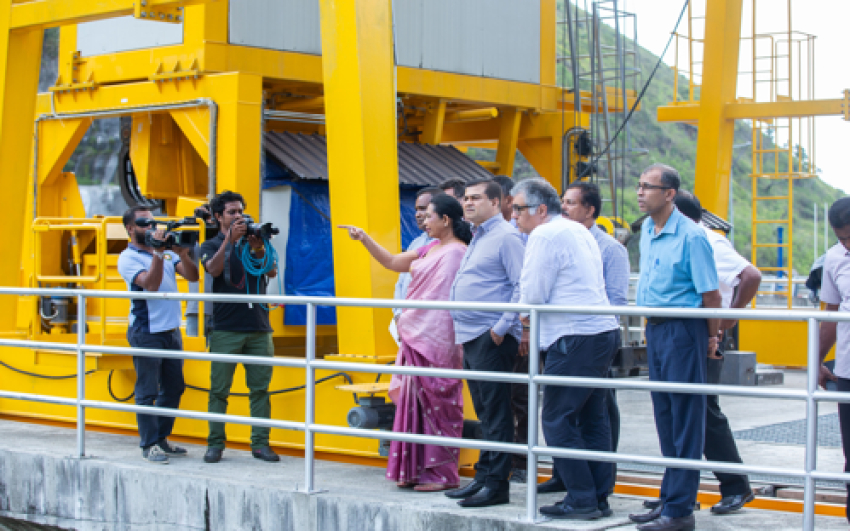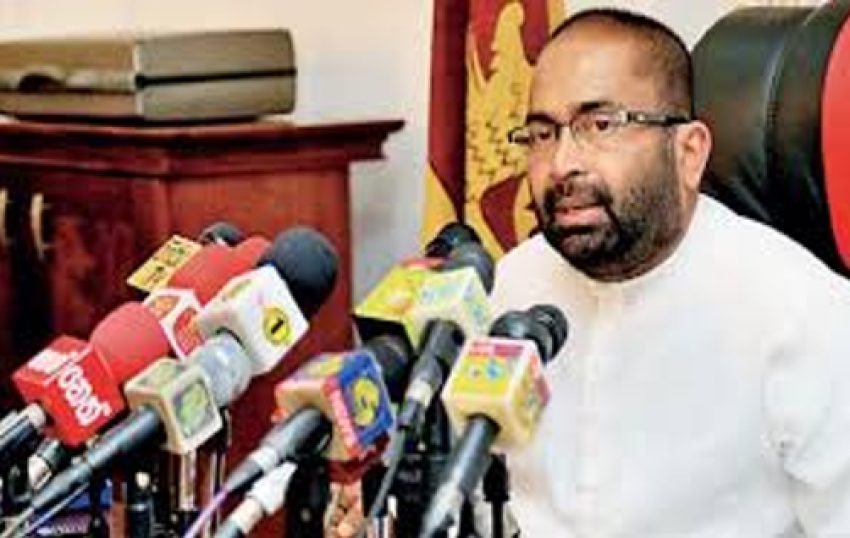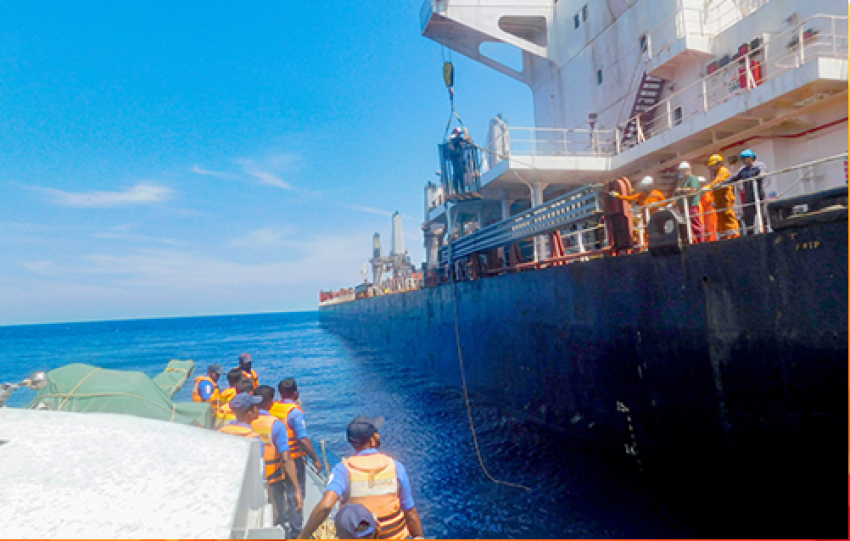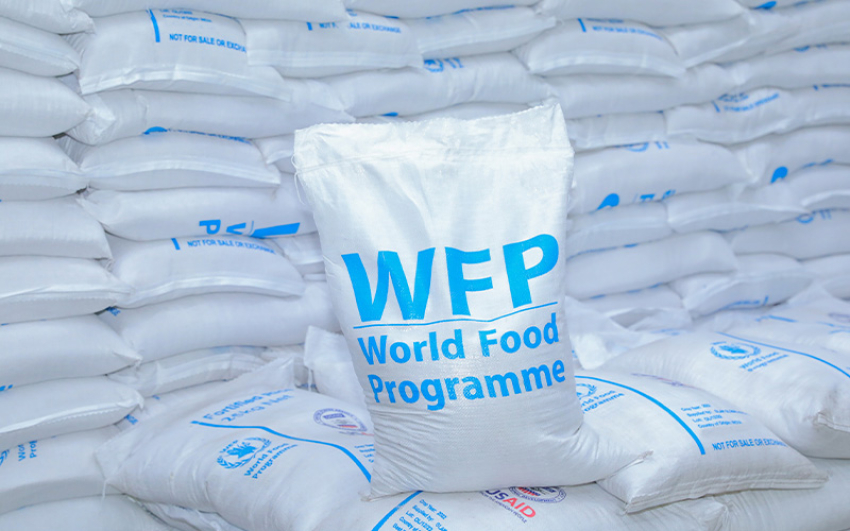Iran's supreme leader wept as he led prayers for Qasem Soleimani, as huge crowds gathered in TehranHuge crowds have packed the streets of the Iranian capital Tehran for the funeral of Iranian military commander Qasem Soleimani.Soleimani was assassinated in a US drone strike in Iraq on Friday on the orders of President Donald Trump.Iran's Supreme Leader Ayatollah Khamenei led prayers and at one point was seen weeping.Iran has vowed "severe revenge" for the death of Soleimani and on Sunday pulled back from the 2015 nuclear accord.Soleimani, 62, headed Iran's elite Quds Force, and was tasked with protecting and boosting Iran's influence in the Middle East.
His career saw him support Syria's President Bashar al-Assad in the country's civil conflict, aid the Shia militant group Hezbollah in Lebanon, and guide Iraqi militia groups against Islamic State.Soleimani was hailed as a national hero in Iran and widely considered the second most powerful man in the country behind Supreme Leader Khamenei.The US saw him as a terrorist, and President Trump said Soleimani was plotting "imminent" attacks on US diplomats and military personnel.
What happened at Soleimani's funeral?State television showed huge crowds in Tehran for the event. It put the number who turned out as "millions" although this is yet to be verified.People cried while others clutched pictures of the late commander. Mourners passed his coffin over their heads and "death to America" chants were heard.His daughter Zeinab Soleimani warned the US it faced a "dark day" for the killing."Crazy Trump, don't think that everything is over with my father's martyrdom," she said.
Among those there was Esmail Ghaani, the new head of Quds Following Monday's funeral, the general's remains will be taken to Qom, one of the centres of Shia Islam, for a ceremony ahead of a burial in his hometown of Kerman on Tuesday.On Sunday Iran declared it would no longer abide by any of the restrictions imposed by the 2015 nuclear deal.The deal limited Iranian nuclear capacities in exchange for the lifting of economic sanctions.Three European parties to the deal - Germany, France and the UK - urged Iran to abide by its terms.
Also on Sunday, Iraqi MPs passed a non-binding resolution calling for foreign troops to leave. US forces were invited to return to Iraq to help defeat the Islamic State group.The new head of Iran's Quds force has vowed to expel the US from the Middle East.
How has Trump reacted?Following warnings from Iran, Mr Trump said that the US would respond in the event of retaliation for Soleimani's death, "perhaps in a disproportionate manner".He repeated a threat to target Iranian cultural sites, saying the US would "strike very fast and very hard" if Tehran attacked Americans or US assets.President Trump also threatened severe sanctions against Iraq if US troops left."We have a very extraordinarily expensive airbase that's there. It cost billions of dollars to build. We're not leaving unless they pay us back for it," he told reporters.Other world leaders are urging restraint. Nato ambassadors are to meet on Monday while German Chancellor Angela Merkel will travel to Russia later this week for talks with President Vladimir Putin.
The BBC's Persian service has been seeking the views of Iranian's on Soleimani's killing."I believe Soleimani did not deserve such a fate. He did a lot for Iran, to protect this country. Our enemies have been attacking us for the past four decades and he tried to save the country," - Paniz (f)"I don't understand those who thank American President Trump for this attack and question what Soleimani has been doing in Syria and Iraq. I would say if Iran should not interfere in neighbouring countries, why the Americans should be allowed to come to our region all the way from the other side of the earth?" - Sara (f)"Soleimani was not a hero, in my opinion he was a soldier and overrated by the establishment. People are being too emotional about him," - Erfan (m)"I agree that we have some issues in this country... [but] one of us was killed by foreigners. Our sense of patriotism would not allow us to side with the foreigner in this. We should be uniting against this action" - Ali (m)
Is the Iran nuclear deal dead and buried?
Jonathan Marcus
Diplomatic correspondent
@Diplo1on Twitter
1 hour ago
Share this with Facebook Share this with Messenger Share this with Twitter Share this with Email Share
Related TopicsIran nuclear deal
Media captionThe Iran Nuclear Deal explained
In theory, the Iran nuclear deal is still in existence. But only just.
The country has announced that it will no longer be bound by any of its restrictions in terms of the numbers or type of centrifuges that can be operated or the level of enrichment of uranium that it can pursue.
But Tehran insists that all of the steps it has taken to breach the agreement - formally called the Joint Comprehensive Plan of Action (JCPOA) - are reversible. Other parties have to honour its terms, which presumably means that the US must abandon its crushing economic sanctions and endorse the deal once more.
It is very hard to imagine President Donald Trump abandoning his "maximum pressure" campaign and lifting the sanctions, so that may well be a non-starter.
Iran nuclear crisis in 300 words
Why do the limits on Iran's uranium enrichment matter?
Iran nuclear deal: Key details
At the very least, the Europeans must find some payment mechanism to make up for the damage that is being done to the Iranian economy. The Europeans have tried to do this but so far to no great effect.
Governments can posture from the sidelines but it is up to individual companies to decide if they want to trade with Iran and risk the weight of US sanctions. The evidence so far is that they do not.
So is the nuclear agreement dead and buried, or could it be revived? If it is well and truly defunct, then why not simply acknowledge this fact? And who exactly killed it?
The last question is the easiest to answer. For in a purely technical sense, looking at the agreement and its implementation, the Iranians have a point when they blame the US.
It has effectively been on life support ever since the Trump Administration abandoned it in May 2018. Donald Trump has consistently railed against former President Barack Obama's "bad deal". But all of its other signatories - the UK, France Russia, China, Germany and the EU - still believe it has merit.
The JCPOA was never designed to be a perfect deal - there is no such thing. Its purpose was to constrain Iran's nuclear programme for a set period in a largely verifiable way.
Image copyrightEPA
Image caption
Iranian President Hassan Rouhani (R) previously threatened to restart uranium enrichment
There was a hope that as economic benefits came to Iran then its wider disruptive policies might change. By the time the constraints of the agreement finally expired perhaps there would be an altogether different Iran from the one we know today.
But the deal's main rationale - a particularly significant one given the current crisis - was that it helped to avert war. Before its signature there was mounting concern about Tehran's nuclear activities and every chance that Israel (or possibly Israel and the US in tandem) might attack Iran's nuclear facilities.
Iran has always insisted that it does not want the bomb. But at one point it certainly had a military nuclear programme. The specifically military aspects of its nuclear programme were halted some time ago, but its enrichment effort, the hardening of its facilities against attack, and its developing missile programme, all stoked fears that Tehran would one day get to a point where it could "break out" and dash towards a bomb.
The whole point of the 2015 deal was to make this "break-out" time sufficient to ensure that any military-related activities would be spotted in time for international action to be taken.
The deal went into force. But then along came President Trump and he wanted the agreement gone. Sanctions were re-imposed. Iran condemned this as a breach of the whole deal and thus determined to take action itself.
It should be noted that prior to the US withdrawal, the nuclear watchdog, the IAEA, was clear: Iran was living up to its side of the bargain.
The response options open to Iran
By Jeremy Bowen
BBC Middle East editor
3 January 2020
Share this with Facebook Share this with Messenger Share this with Twitter Share this with Email Share
Image copyrightAFP
Image caption
Soleimani's influence stretched across the Middle East
The assassination of Qasem Soleimani has plunged Iran and the United States into their most serious confrontation since the hostage crisis in 1979.
President Donald Trump's decision to kill Soleimani removes one of the most obdurate and effective enemies of the US, and delivers a blow to the heart of the Islamic republic of Iran. It is also a dangerous escalation in a region that was already tense and full of violence.
The killing at Baghdad airport has increased tensions sharply, creating fears of a slide into an all-out war. That is no certainty. Neither the Americans nor the Iranians want one. But the crisis brought on by the killing of Soleimani - and a senior Iraqi ally - amplifies the chances of a bloody miscalculation.
Iran has sworn vengeance. That threat has to be taken seriously. Soleimani was at the core of the regime, and a talisman for Iran's hardliners. They will want to get even, perhaps more than that.
Proxy forces
Despite arms embargoes, Iran has developed a modern arsenal of rockets and missiles. But if it wanted to use them against US forces as part of a reprisal, Iran would risk making matters worse.
Media captionThousands took to the streets of Kerman to mourn Gen Soleimani, a popular figure in Iran
An act of war to answer that of the US - for example attacking US ships in the Gulf - would risk provoking a devastating response. Iran's oil refineries are on the coast and would be easy targets for the vast firepower the US has in and around the Gulf.
When Iran retaliates, it is likely to follow Soleimani's own indirect tactics: so-called asymmetric warfare, spurning an attack through the front door for one through a side window.
Why the US had Soleimani in its sights
Why kill Soleimani now and what happens next?
Soleimani cultivated a range of well-armed militias, which give Iran options short of a head-to-head confrontation with the Americans which it would only lose.
The Americans will now be looking at their most vulnerable deployments in the Middle East. One is the small force in Syria.
Calculated risk
A big question is why the Americans chose now to kill Soleimani.
He had been a thorn in their sides since at least the US invasion of Iraq in 2003. He made sure Iraqi Shias raised, trained and equipped militias which became effective and ruthless fighters against the US and its allies.
Your questions: Will Soleimani killing spark war?
A brief history of US-Iran relations
The Americans and their allies in Israel and the West have tracked Soleimani closely for years. It's likely that he has been in their sights before.
The fact that this time the Americans pulled the trigger suggests that President Trump believes the reward is worth the risk, that the Iranian regime has been so weakened by isolation, economic sanctions and recent demonstrations that it will rage but not offer a serious strategic threat.
Media captionTrump - We took action to stop, not start a war
But it is not at all clear whether the assassination fits into a coherent US strategy, and such an assumption could be dangerous and wrong.
Soleimani was a colossal figure inside Iran. He was its strategic mastermind. Perhaps he left a plan of steps to take if he were killed.
This assassination at the start of a new year and a new decade might turn into another Middle Eastern milestone, touching off another sequence of bloody events.
To begin with, the Iranian regime must now be planning its answer to his death, to show that the position Soleimani spent so long creating outside its borders in the Middle East can be defended.

